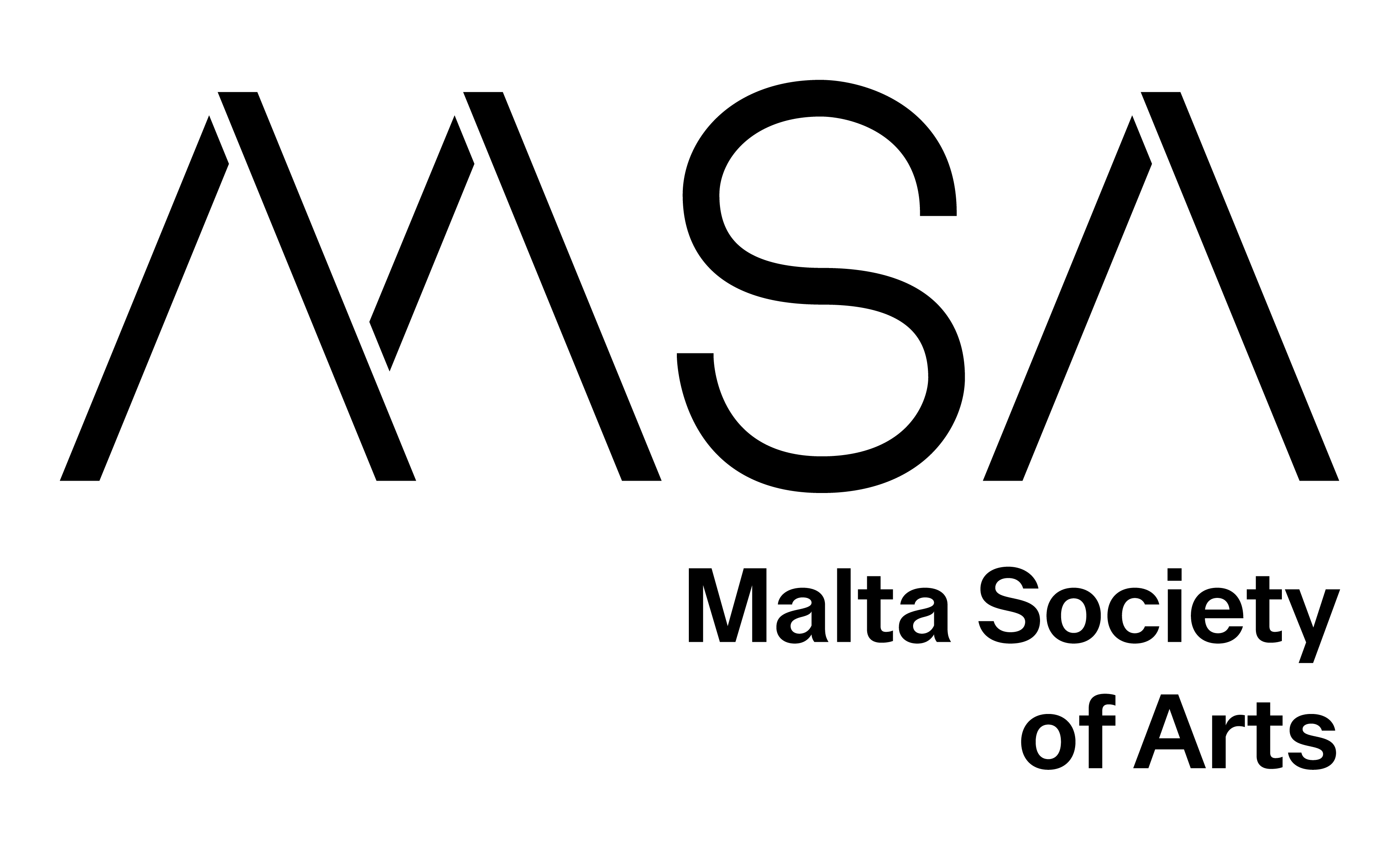DIGI-Sense is a two-year-long artscience research project that opens a space of collaboration between art and science, specifically performance art, aesthetic research, and organizational science, aiming at investigating the impact of aesthetic knowledge, performative actions, and the body in digital sensemaking processes (Brill et al., 2022).
In three phases, the project invites artists with previous work in performance art to develop performance pieces targeting at understanding the influence and relevance of the body, senses, and embodied knowledge in sensemaking processes (Weick, 1995). These performances can be considered liminal spaces in which concepts, embodied practices, sensed knowledge, and experiences become part of a transformation cycle of information towards a more complete understanding of the situation, with the body being one of the agents perceiving, abstracting, concretizing, and performing this transformation.
We propose that the role of the body can be compared to the proposed “Change Poets” by Karl E. Weick (2011), individuals that perform the abstraction of concrete ideas or that perceive abstract concepts, happenings, and moments and transform them into a concrete action, idea or image. In his proposal, Weick explains the capacity of the Change Poet to “recombine ordinary words to lend substance to absent things” or “talk airy nothing into existence” (Weick, 2011, p.9), meaning seeing and perceiving things that are usually ignored and turning those things into actual concepts or actions. Both the concretization of “hunches” from abstract ideas (for example felt experiences) into concrete ideas, as well as the abstraction of concrete concepts into their poetic/abstract/”airy” counterparts are a grounding part of this process’ liminal spaces. To make sense through embodied knowledge, the performing body becomes a Change Poet transforming hunches into flux (e.g. abstraction into movement). It is through finding ways of understanding or giving meaning to things/moments/emotions through movement, rhythm, or repetitions (aesthetic elements), that are otherwise difficult to grasp through language, that the body becomes the Change Poet.
The performances as liminal spaces in interdisciplinary research “can be understood as a time of change, connection, re-wiring, or interplay” (Schnugg, 2018, p.82), in which there is a “simultaneous presence of the familiar and the unfamiliar” and where the individuals that find themselves in it “are freed from structural obligations”, allowing them to experience a “meta-perspective on how and what to think”. The acting participants find themselves in an unconventional situation, which in turn “enables exploration and breaking routines and ultimately leads into the constitution of new structures” (Turner, 1967, p.6), and DIGI-Sense proposes the body as the sensing actor, as the Change Poet, the translator of hunches into actions, of language into movement, sensed information into body language, of abstract or “airy things” into concrete representations, ultimately reaching a point of coherence and “incorporation” (Turner, 1974, p.57). We recognize this “incorporation” as a crucial moment of the sensemaking process in digital transformation processes and in the collaboration between artistic and scientific research.
daniela brill estrada is an artist from Bogotá living and working in Vienna. Daniela's creative process is nourished by her interest in complexity sciences, aesthetics and non-hierarchical structures of knowledge, and is based on the idea of indisciplinarity, constructed with the Suratómica Network, of which she is co-organizer. In collaboration with particle physicists, researchers of the origin of life and astrobiologists, daniela's work is focused on de-hierarchizing matter and eliminating binary western taxonomies and categories, particularly that of life-non-life. In her work, daniela uses matter that mutates, changes and interacts to make visible the information processes of different bodies.
daniela brill estrada is an artist living and working in Vienna. Daniela’s creative processes are informed by her interest in sciences of complexity, aesthetics, and non-hierarchical structures of knowledge, and based on the idea of in-disciplinarity, constructed collaboratively with the Suratómica Network, which she co-created and currently co-organizes. Daniela works in collaboration with scientific institutions and networks such as the ORIGIN network of high energy physics at CERN, and with artistic institutions such as the ArtSci Center + Lab UCLA. Currently daniela is a PhD researcher for the project DIGI-Sense at the Johannes Kepler University in Linz, Austria.
Back







